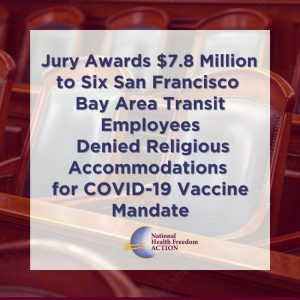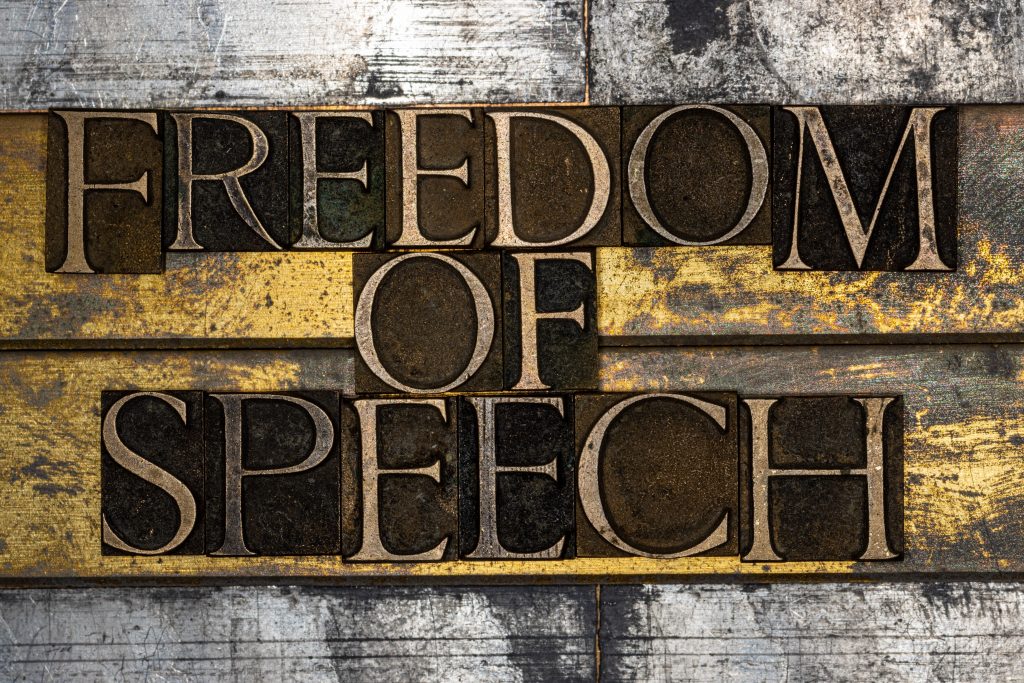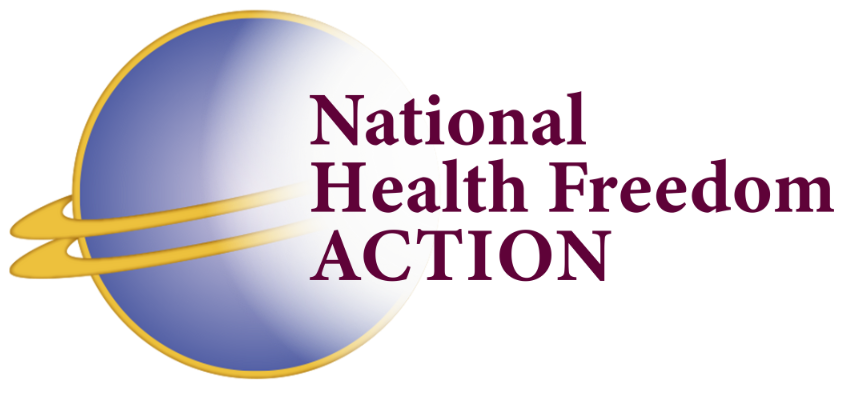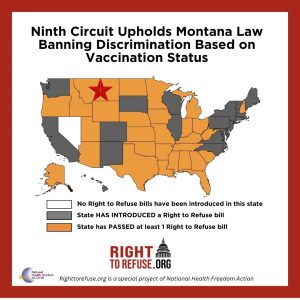On March 18, 2024, the US Supreme Court took up the case of Murthy v Missouri, a freedom of speech, First Amendment case in which US federal agencies and President Biden were accused of doing an end-run around the First Amendment of the US Constitution by getting social media companies to censor scientists, doctors, and activists, something that would be clearly illegal for the government to do by itself. The legal matter started out a few years ago when the state attorney generals of Missouri and Louisiana, joined by five individuals, sued President Joe Biden and many federal agencies on the basis of freedom of speech. The case, Missouri v Biden, uncovered thousands of pages of e-mails and other documents showing that federal officials used persistent and forceful communications with Facebook, X (formerly Twitter) and other social media giants to de-platform scientists and doctors who signed The Great Barrington Declaration, as well as to de-platform the Disinformation Dozen, twelve individuals who were blamed for the bulk of what was considered Covid-19 “misinformation.” These scientists, doctors, and other individuals challenged the official orthodoxy on Covid-19, including lockdowns, masking, vaccines and other parts of the official narrative.
Fifth Circuit Court of Appeals rules against government
The plaintiffs in Missouri v. Biden won at the district court level. The federal government appealed the case to the Fifth Circuit Court of Appeals, and on September 8th, 2023, the three-judge appeals court panel ruled largely in favor of the District Court’s decision. It modified the trial court’s order to exclude some federal agencies and it refined the meaning of “prohibited conduct.” The appeals court issued an injunction against such federal agencies as the Surgeon General, the CDC, and the FBI. When the federal government appealed the case to the United States Supreme Court, the case became known as Murthy v. Missouri, for the first in the list of government appellants, the US Surgeon General, Vivek Murthy. The plaintiffs then became respondents, and the government became appellants.
When the case was heard before the Supreme Court on March 18th, all nine Supreme Court Justices examined the arguments of US Solicitor General Brian Fletcher, for the federal government, requesting reversal of the lower courts’ ruling, as well as the arguments of Louisiana Solicitor General J. Benjamin Aguinaga, attorney for the First Amendment advocates.
Persuasion or coercion?
No one denied that the social media companies did censor and de-platform the scientists and others mentioned. Nobody denied that federal agencies and their officials continually communicated with the social media companies, giving names of people and organizations that they wanted shot down, using communication that was sometimes angry, sometimes crude and laced with profanity. The Justices focused on whether the federal government’s communications remained persuasion or whether the communications were actually coercion which therefore violated free speech First Amendment rights. Federal attorney Fletcher argued that the government has a right to speak freely to all media, social media included, as part of its function in a democracy. Vaccine hesitancy, as advocated by some using social media, was an extreme public health threat, and needed to be responded to forcefully with extreme pressure. The federal government should not be subjected to a “sprawling audit” of all these agency communications and their impacts.
Government threats to finances and legal protection.
Countering those arguments, Louisiana’s attorney argued coercion and pointed to examples of inducements, such as a possible loss of government funding – social media companies have large, lucrative contracts with the CIA and the FBI, for example, they don’t want to lose millions of dollars of annual revenue. He pointed to insinuated threats such as the possibility of anti-trust prosecution, or loss of protection from legal liability for posted content as provided by the 1996 Communications Decency Act. He pointed to the extreme communications from President Biden himself, as when Biden said that those posting “misinformation” on social media were killing people.
The federal attorney, Fletcher, also argued that the government’s extreme activity against dissident voices on social media were “unusual” and “won’t recur,” and that, while some people suffered past harm, there won’t be future harm. Since there is no imminent threat of future harm, the injunctive relief of the lower courts is not needed, he argued.
The Supreme Court would then not need to dig into the thorny details of the freedom of speech and censorship issues. Fletcher, in his closing argument, encouraged the justices to dismiss the case on the basis of standing, as well as the lack of “forward-looking injury” (i.e., the government’s extreme behavior was unusual and will likely never be seen again). Fletcher also argued that if the court did rule on the merits, the justices should reverse the lower courts because when federal officials “flag false information, malign foreign actors [e.g. foreign terrorists], or answer questions about public health advice or when they speak to the public on matters of public concern,” they are not violating the First Amendment.
Productive interactions?
In such emotional arguments, Fletcher intimated that the district court case, Missouri v Biden, was an attack on the federal government’s need to speak freely and to function as it must in a democracy. “Don’t enjoin or chill legitimate and productive interactions between the government and the public,” he said in closing, requesting that the court reverse the lower court’s rulings.
But lost in all of the emotional imagery is the fact that during the covid-19 years the federal government engaged in an extreme and unprecedented campaign of censorship and authoritarianism. Lost in the closing arguments was the fact that the government was not only largely incorrect about what it labeled “misinformation,” but also that the government was providing misinformation itself. What is at stake in the case before the court is whether the court can rebuke the government for one of the clearest examples of its violation of basic freedoms seen in the US in recent memory.
Big media weighs in; decision from court pending.
So far, big media’s coverage of the case leans to sympathy for the Biden Administration’s side of the case – which is somewhat ironic since media is supposed to be a shining example of free speech. But then, big media’s sympathy for the censors and embracing of the official government point of view has been evident during the covid affair. Big media, too, has largely shut out dissident points of view, those who it has deemed promoters of “vaccine hesitancy.”
It is unclear how the Supreme Court will rule on this matter but, based on the questions raised in the hearing, it is very possible that a majority will rule in favor of the federal government and its censorship during covid, and against the dissident states, scientists, and activists who had important, valid things to say and who want to protect their right – our right – to speak out freely.
